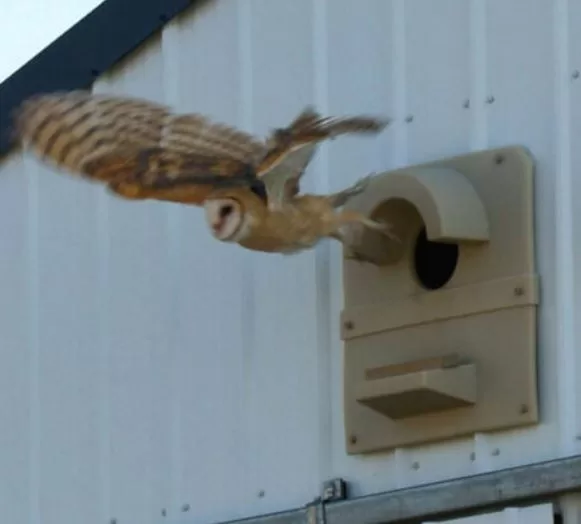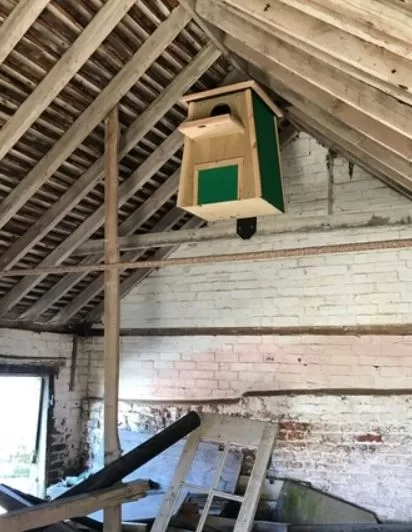In times past, the bond between farmers and barn owls was a cornerstone of rural existence. Farmers, understanding the natural prowess of barn owls in controlling pests, would build nest boxes in their barns, blending ancient craftsmanship with ecological insight. This practice, predating modern conservation efforts, showcased the farmers’ deep respect for nature’s equilibrium and their initiative to integrate these predators into their agricultural realm.

Using materials like wood and straw sourced from their surroundings, farmers constructed these nest boxes with a focus on practicality, ensuring proper ventilation and drainage for the owls’ comfort and safety. These boxes were seamlessly integrated into barn architecture, placed in lofts, rafters, or secluded corners, allowing for a peaceful coexistence between farm operations and the owls’ nesting needs.

This tradition of crafting barn owl nest boxes became a cherished legacy, evolving with each generation. It was more than just a method of pest control; it was a testament to sustainable farming and the preservation of agricultural heritage, underlining the timeless synergy between humans and nature.


